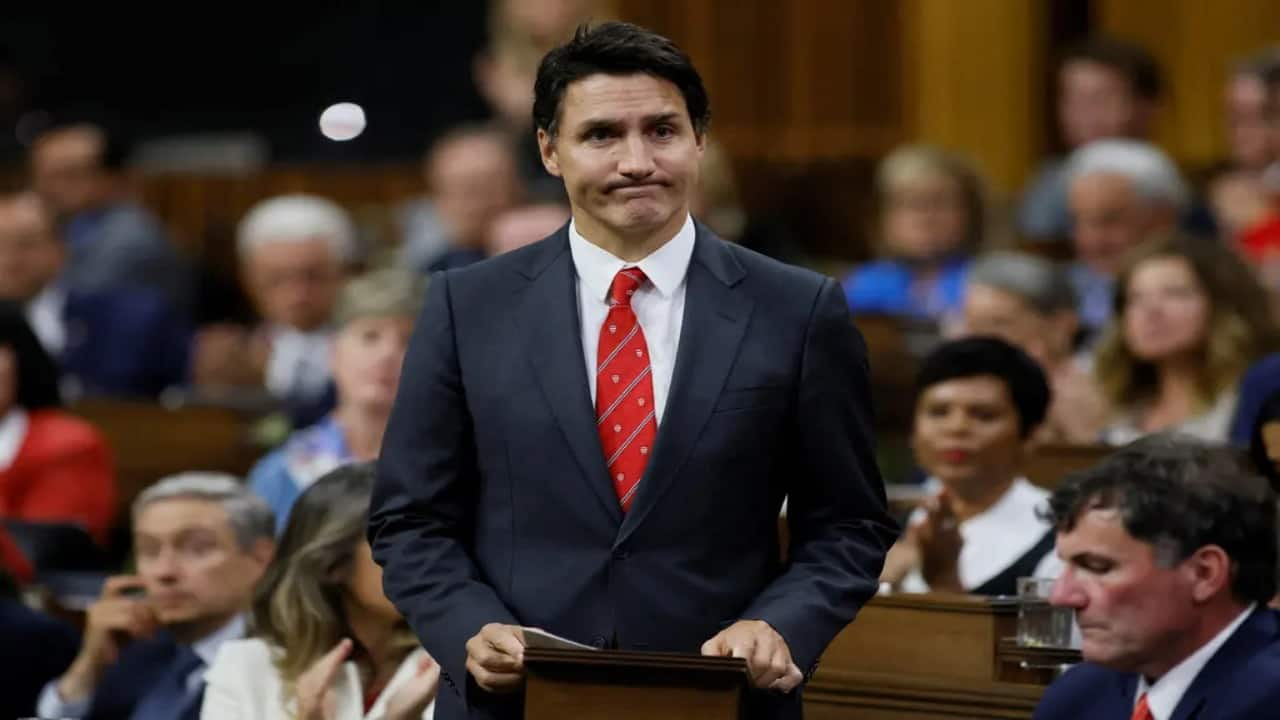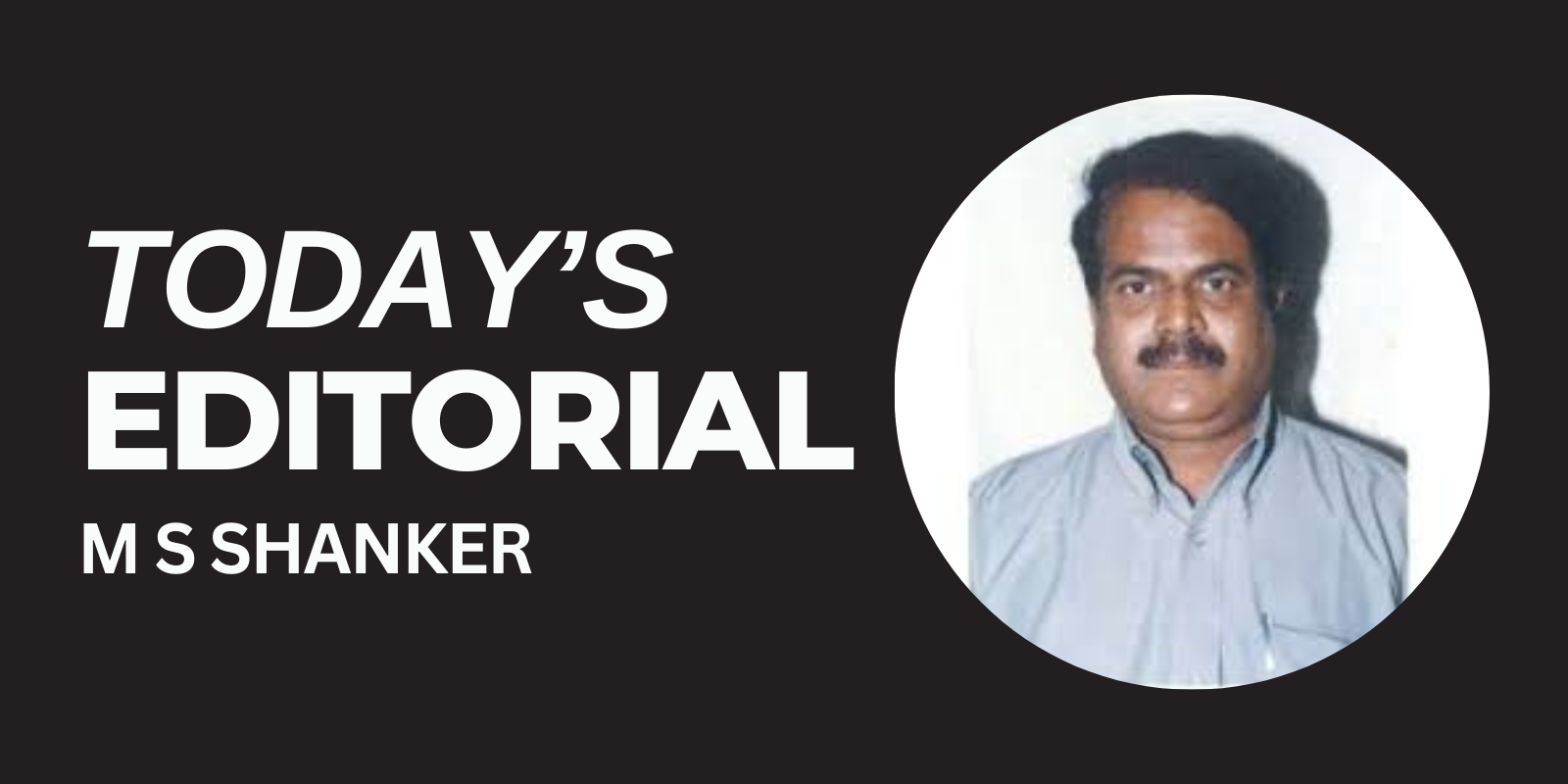Canadian Prime Minister Justin Trudeau is facing the political fight of his life, and his downfall might stem from an unnecessary and ill-advised international incident—his stance against India. Trudeau’s accusations of Indian involvement in the alleged assassination of Khalistan leader Hardeep Singh Nijjar were not only premature but also without sufficient evidence. Despite India’s willingness to cooperate if credible proof was provided, Trudeau insisted on pushing this unsubstantiated claim to a diplomatic breaking point. The result: a crisis that has not only strained Canada’s ties with India but may also cost Trudeau his political future. India’s response to Trudeau’s inflammatory rhetoric was swift, with the withdrawal of half a dozen embassy staff from Canada. Additionally, both countries expelled each other’s top diplomats, an extraordinary step signaling the depth of the diplomatic rift. These actions have not just left Trudeau isolated on the global stage, but they have also exposed his government to fierce criticism at home. His actions have turned Canada into a pawn in a larger geopolitical game, with many accusing him of acting under the influence of external powers, particularly the United States. The U.S., under the Biden administration, has similarly pushed anti-India narratives, likely in a bid to exert pressure on India as it strengthens its alliances with Russia and China.
This diplomatic crisis, however, is not Trudeau’s only problem. Within his own Liberal Party, dissent is brewing. Prominent Liberal MPs have warned Trudeau of serious consequences if he does not step down by October 28. Over 20 lawmakers, according to reports, have signed a letter urging Trudeau to make way for new leadership. Liberal MP Ken McDonald openly criticized Trudeau for not listening to the public, a sentiment echoed by Immigration Minister Marc Miller. Despite Trudeau’s confident assertions that his party is “strong and united,” the recent losses in special elections in key Liberal strongholds have cast serious doubts over his leadership. The numbers speak for themselves. Polls show Trudeau’s Liberals trailing the opposition Conservatives by a significant margin—38 percent to 25 percent, according to the latest Nanos poll. While the next federal election could take place as late as October 2025, the Liberals currently lack a majority and must rely on support from at least one other major party to remain in power. Trudeau’s leadership is no longer a certainty, and this brewing internal rebellion could force an election much sooner than anticipated. But the implications of Trudeau’s actions extend far beyond Canada. His anti-India stance, echoed by some in the U.S., is part of a broader geopolitical narrative. As tensions rise between the U.S. and its rivals—particularly Russia and China—India has emerged as a pivotal player. The Biden administration’s accusations against India in the assassination attempt on Khalistan Group leader Pannu, and the bizarre filing of an FIR against a former Indian intelligence official, Vikas Yadav, serve as thinly veiled attempts to push India away from its growing relationships with Russia and China.

However, India’s response has been defiant. Prime Minister Narendra Modi not only attended the recent BRICS summit but also held bilateral talks with Chinese President Xi Jinping, where both leaders agreed on measures to de-escalate border tensions and improve trade ties. For Trudeau, this entanglement with the U.S. in anti-India rhetoric is a high-stakes gamble that has backfired. His political miscalculations have damaged Canada’s international standing, weakened his party’s grip on power, and emboldened his political rivals. The implications for U.S. politics cannot be ignored either. As the Democrats head into a tightly contested 2024 Presidential election, with Kamala Harris narrowly leading Donald Trump in some polls, any further international embarrassments could undermine their strategy. Trudeau’s exit, particularly if linked to his handling of the India situation, could have ripple effects on Biden’s administration and its geopolitical alliances. Trudeau may continue to smile for the cameras and claim that his party is united, but the reality is starkly different. His missteps on the international stage and the growing discontent within his own party suggest that his political future is hanging by a thread. If he does not step down voluntarily, his party—or the voters—may soon force his hand. This could be the beginning of the end for Trudeau’s tenure as Prime Minister, all because of a poorly judged foreign policy misadventure. In the grander scheme, Trudeau’s handling of the India issue may serve as a cautionary tale for leaders worldwide: when diplomacy turns into reckless posturing, the costs—both political and diplomatic—can be devastating. For now, the countdown to October 28 is on, and the question remains: will Trudeau take the hint, or will he drag his party—and Canada—further into this quagmire?






